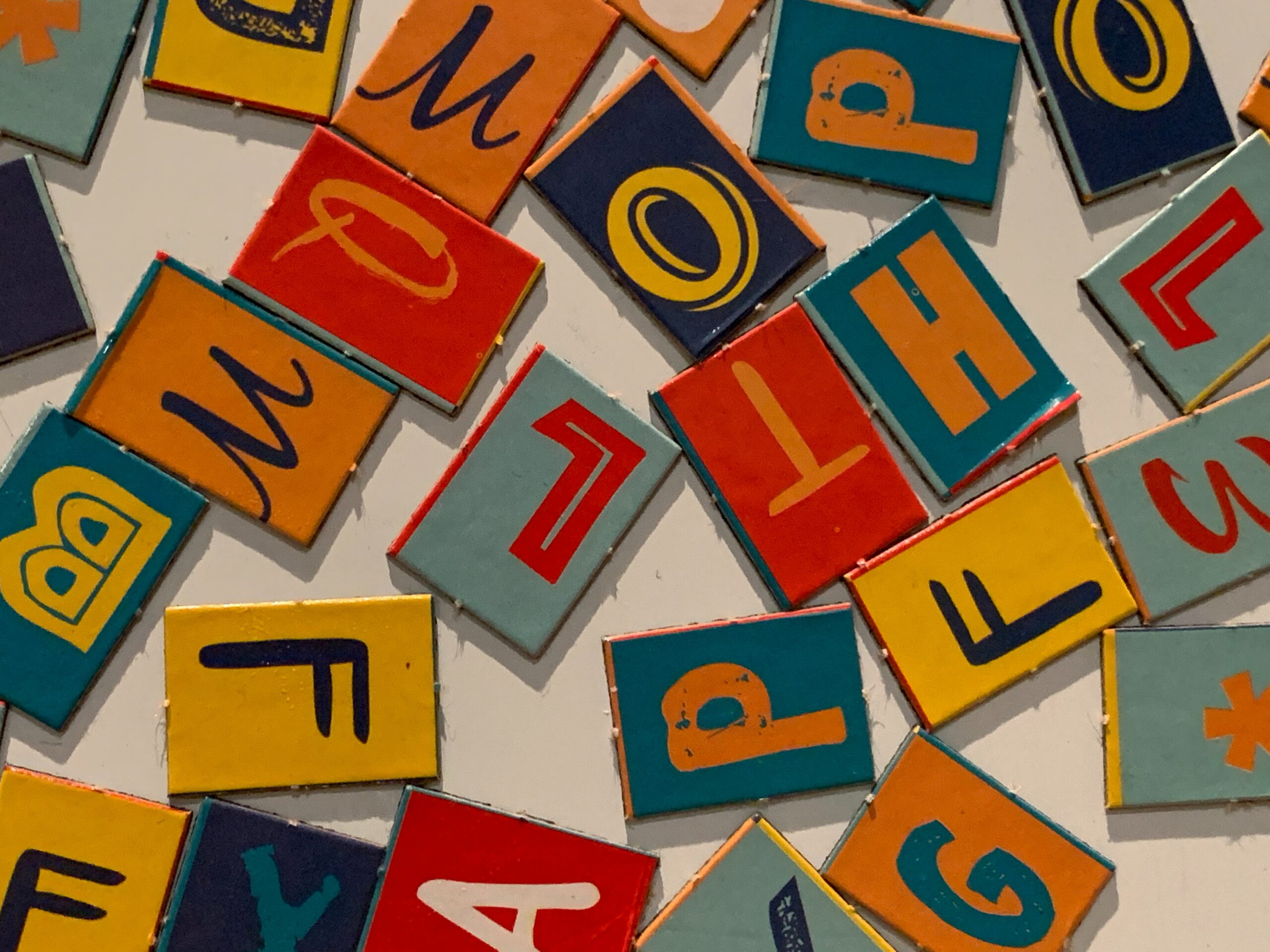Your child will learn to read in Kindergarten (with caveats – more on that below), but will it be based on the science of reading or will the approach be the debunked balanced literacy method?
One method leads to success and the other spells doom.
If I got your attention, then you very likely want the best education for your kids and understand that something’s not right with the state of teaching today.
Toto we’re not in Kansas anymore
Nope, it’s not just the pandemic and the bum rush to the exits that teachers made.
It’s something more fundamental.
The way education is delivered these days is mighty different from when the millennials went to elementary school in the 80s. Even though research has proven over and over again that the science of reading works, we somehow made a U-turn in the 90s as a nation and moved away from structured literacy.
Are you still tracking with me? Then I’m positive you want the best for your kids.
After all, isn’t that why we enroll them in extracurricular activities (side eye to those 18 month olds in soccer), invest in their education, and encourage them to pursue their passions? Isn’t that why we pray for a gifted and talented seat, an IB elementary school, or a dual language program – anything but general education to give them a leg up?
There is one skill that is often overlooked though in the hustle and bustle of parenting: reading.
You’re here, so I know you’re reading to your kids already. But if you’re committed to developing a well-rounded individual and enroll them in extracurriculars already, what about using the science of reading to get them reading to learn instead of learning to read?
The case for teaching decoding skills before Kindergarten
Why wait for schools to teach kids to read if your kids show interest in letters now? Who says they have to wait and who says it’s going to be a waste of time or need to take a lot of time if you gently start showing them how to decode our language?
Reading is the gateway to knowledge, imagination, and creativity. Without strong reading skills, children may struggle to keep up with their peers in school and beyond. Here are just a few reasons why I believe parents need to teach their kids to read using a science of reading approach:
- Reading Improves Cognitive Function
Reading is not just about decoding words on a page. It requires a complex set of cognitive processes, including attention, memory, and language processing. When children learn to read, they are strengthening their cognitive abilities and building new neural pathways in the brain. This can lead to improved critical thinking skills, problem-solving abilities, and overall cognitive function.
- Reading Boosts Vocabulary and Comprehension
Reading is one of the best ways to expand your child’s vocabulary and comprehension skills. By exposing them to a variety of texts, from picture books to chapter books, children can learn new words and concepts that they may not encounter in everyday life. This can also improve their reading comprehension, allowing them to better understand and analyze the information they encounter.
- Reading Fosters Creativity and Imagination
Reading is not just about learning new information. It is also a form of entertainment and escapism. Children explore new worlds, meet new characters, and use their imaginations in ways that are not possible in real life. This can foster creativity, empathy, and a love of learning that will serve them well throughout their lives.
- Reading Builds Stronger Relationships
By reading together, parents create a special shared experience with their children, one that promotes communication, connection, and a love of learning. This can also help children develop a lifelong love of reading and a curiosity about the world around them.
Why bother beginning with phonics instruction before Kindergarten? Because repetition leads to mastery. The sounds of each letter come first – strong readers are those who have had time and practice decoding words and mapping them into the memory banks.
Also: you have control over what readers your child starts out with. It doesn’t have to be the boring BOB books! The books that are going to be interesting to kids will be the ones that are slightly out of their reach but have great photos and are grounded in real life (history, art, or science).
Be honest – forcing them to read fake stories *just because* the words are simple and at their reading level when they have been exposed to REAL books is…slightly cruel. Kids cannot un-know what good literature and storytelling is, so don’t force them to read watered down books for the sake of practice.
If they’re going to practice, let them read the readers that are at least grounded in real life. Your kids will learn something + practice their literacy skills. A win-win!
Phonics #FTW
Reading isn’t just about recognizing words on a page. It’s a complex process involving several integral components, each playing a vital role in making sense of written language.
- Phonemic Awareness is the understanding that words are made up of discrete sounds. It aids in grasping the concept that changes in these sounds can change words.
- Next, Phonics builds on this foundation, showing how written letters correspond to these sounds.
- Fluency then allows for smooth, effortless reading that seems almost automatic.
- Meanwhile, Vocabulary refers to the collection of words a child understands and uses. An extensive vocabulary base aids comprehension and enables clearer self-expression.
- Comprehension, arguably the ultimate goal of reading, is the ability to understand and interpret what is read.
- Lastly, Spelling reinforces the relationship between sounds and letters, further enhancing the other components of reading. Each piece of this puzzle is essential in creating a competent, confident reader.
Can I let you in on a secret? YOU are all your child needs to not just learn to read, but read to learn. This comprehensive guide to phonics sets you up for success and is a repository of enlightening materials thoughtfully designed for parents of tiny tots aged 3-6. Discover how to set your child up for a lifetime of curiosity, discovery, and love for the written word.
Science of reading resources
Here are some of my favorite resources for parents wanting to learn more about the science of reading:
The benefits of reading are clear. By teaching our children to read, we are giving them the tools they need to succeed in life, both academically and personally. So, let’s make reading a priority in our homes and encourage our children to embrace the joy of learning through books. The future of our children and our society depends on it.

